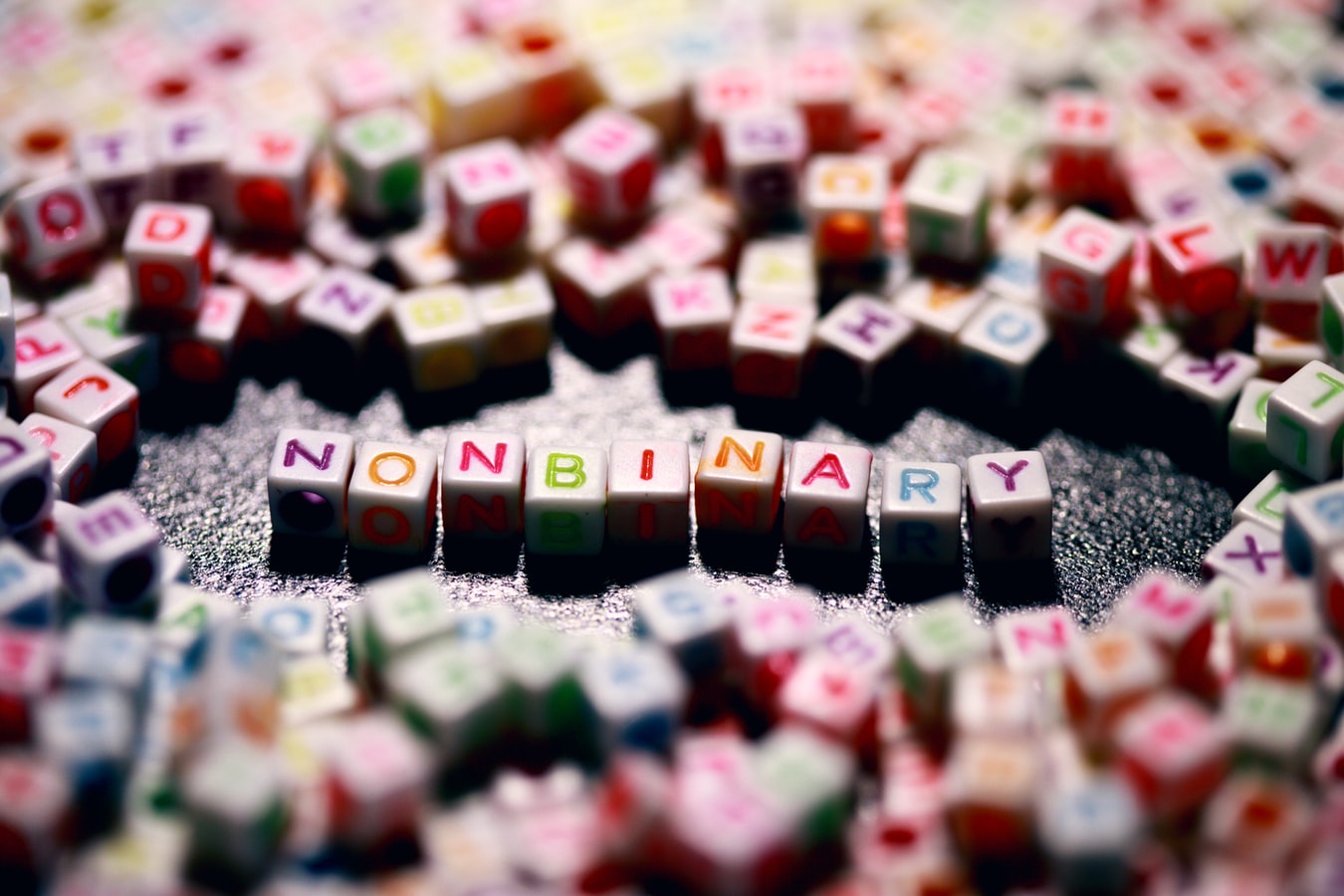Where is our Non-binary Representation?

- July 4, 2018
Charlie Francis Cassidy
A self proclaimed queer (cyber)punk with ever changing hair and 31 piercings, Charlie Francis Cassidy is a queer non-binary trans masc programmer and game developer with bipolar. Charlie currently works for Mighty Games in Melbourne across a number of super cute titles. They also spend their spare time working on games that cover and promote mental health, queer and trans experiences.
Hello! I’d like to announce a new initiative to boost the voices of non-binary game developers. I’ll tell you how at the end of this article. But first, why?!
Men are represented everywhere across our industry, both in the games we make and the people making them. While women are gaining headway with fantastic initiatives, there is still someone missing. According to a survey published by IGEA, non-binary people make up about 1% of the industry. Though that’s not entirely clear.
Screenshot taken from IGEA infographic
Screenshot taken from accompanying article
Most people looking at that survey (which lists 81% male and 18% female) would assume that the missing 1% is just a margin of error. I initially had to reach out and confirm that the survey had included non-binary people at all. The good news is that in the future IGEA will endeavor to make that explicit.
One of many reasons effective non-binary representation and initiatives matter is that they help people realise how to improve their own attempts to represent us. This is particularly important when not everyone even knows what non-binary is.
Women’s initiatives have been successfully pushing for progress, and many women’s initiatives have begun to include non-binary people. It’s true that we do face a lot of the same struggles in being recognised in this society and industry, but not every non-binary person feels comfortable taking up those spaces. Maize Wallin and Damon Reece spoke for WiDGET’s #nonoFoMo online conference all about why non-binary communities are necessary.
The majority of women’s initiatives are very femme-coded, with non-binary inclusion appearing as an afterthought. This sort of thing leads non-binary people to be unsure if an initiative is actually for them. They almost feel like spaces only open to women and femme/androgynous-coded non-binary people, and as a fairly masculine presenting non-binary person, this hits close to home.
You can’t just put non-binary in the name and think that’s enough. Your event, group, funding, or whatever it may be needs to structurally support non-binary people if you’re intending to include them. The whole point of initiatives for inclusion is that people can see themselves – and if your audience can’t see themself in the organisation actively trying to include them, they’re going to have a hard time reconciling themselves as part of the industry.
What can we actually do about this? Maize and I have decided to use the visibility we now have writing for Game As You Are to write more pieces about non-binary representation. We also want to interview non-binary developers and produce a regular series highlighting them. If you’re interested (and non-binary) or know someone who would be, please fill out the form here.
